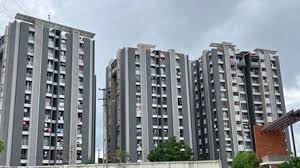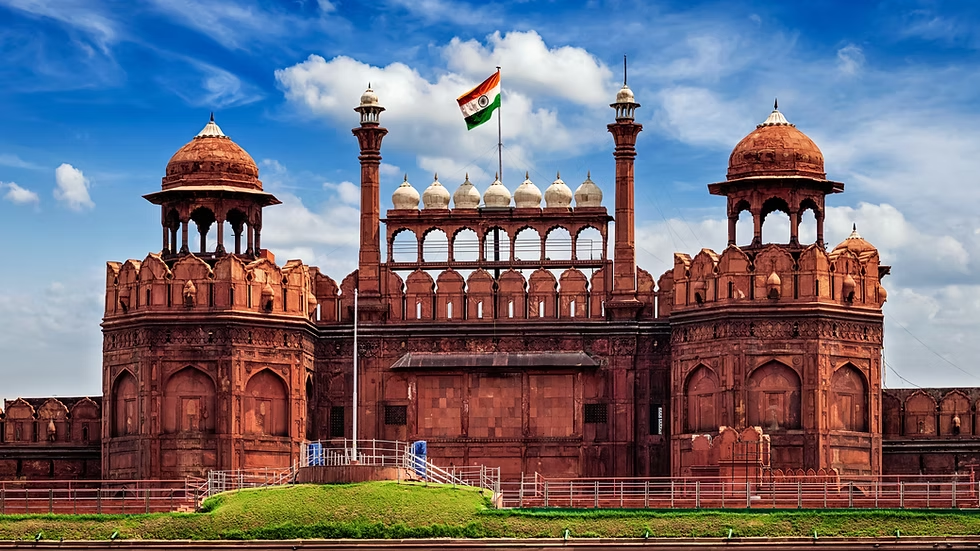The National Capital Region (NCR) is witnessing an unusual trend: surging real estate prices alongside worsening air quality. According to Anarock Property Consultants, average residential prices in NCR have climbed 57% from 2019 to the end of Q3 FY25, reaching ₹7,200 per square foot by September 2024.
Gurugram leads this growth, with prices soaring 160% from ₹7,500 per sq. ft. in 2019 to ₹19,500 in 2024, as reported by PropEquity. Ironically, this surge coincides with alarming declines in air quality. “Buyers simply don’t care about air or water quality,” said Gulam Zia, Executive Director at Knight Frank. He highlighted a striking apathy in the real estate market, where factors like pollution take a back seat to property demand.
A call for economics-driven solutions
Nithin Kamath, co-founder of Zerodha, recently proposed linking property prices to environmental quality. “Maybe a property price discount for air and water quality is the solution,” he wrote on X, emphasizing the need to integrate environmental metrics into real estate economics. Kamath suggested that incentivizing group ownership of environmental concerns could lead to better accountability and action.
Kamath also shared data on pollution-related deaths in major cities like Delhi, Mumbai, Kolkata, and Chennai, urging for greater urgency in addressing air pollution. “This data covers only until 2019, and things have worsened in the past five years,” he noted.
Green real estate and lifestyle shifts
Environmentalists like Anumita Roychowdhury from the Centre for Science and Environment advocate for incorporating environmental value into real estate pricing. “Green elements such as lake views, green belts, and rainwater harvesting should be prioritized to promote better living standards,” she said. Roychowdhury also highlighted reports of families relocating from Delhi-NCR during winter to escape the severe pollution.
Vikrant Tongad, an environmentalist from Noida, pointed out that urban employment opportunities often outweigh environmental concerns, which are seen as seasonal issues.
Infrastructure gaps fuel price premiums
Real estate developers attribute the high property prices to inadequate infrastructure. Sanjay Dutt, CEO of Tata Realty & Infrastructure, remarked, “Poor infrastructure forces people to pay premiums for better localities.” While he acknowledged the positive impact of initiatives like metro lines and coastal roads in Mumbai, he criticized delays in implementing these projects.
Dutt also highlighted advancements like electric vehicles and pre-cast construction technologies as steps toward reducing pollution. However, he called for greater accountability in the utilization of government-collected cesses for addressing systemic issues.
























